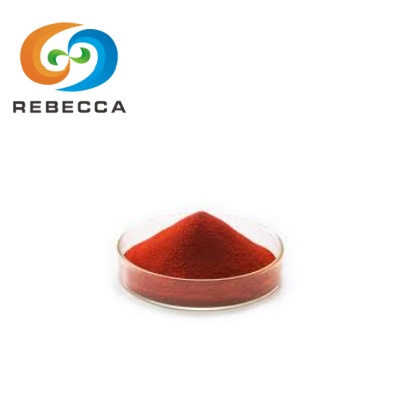Is honey extract vegan?
The question of whether honey extract is vegan touches on one of the most debated topics within the plant-based community. As more people adopt vegan lifestyles for ethical, environmental, and health reasons, the classification of bee-derived products continues to generate passionate discussions among vegans, vegetarians, and ethically-minded consumers.
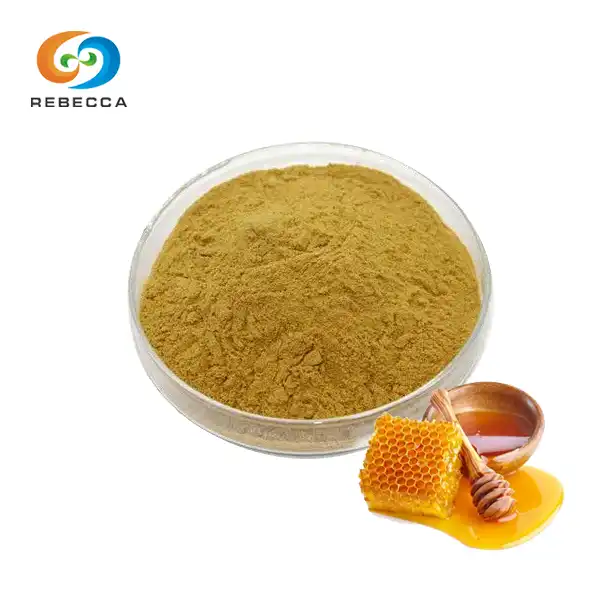
Product Name: Honey Powder, Honey Extract, honey extract powder, Honey Products. Honey P.E.
Specification: Honey Powder 65%
Test Method: HPLC
Latin Name: raw honey powder.
Ven Perspective on Honey
The vegan perspective on honey stems from fundamental principles that guide plant-based living and ethical consumption practices. According to The Vegan Society's definition of veganism, which seeks to exclude not just cruelty, but exploitation, harvesting honey does not align with these principles. Honey serves as the energy source of bees, and without it, they would starve, while also providing essential nutrients during poorer weather conditions.
The fundamental issue is that honey is produced through the labor of bees, which makes it an animal product and therefore not vegan by definition. Some people following a plant-based diet have no objection to consuming honey, perhaps because they don't consider bees animals, though they might reconsider if they understood that a worker bee produces just one-twelfth of a teaspoon of honey in her entire lifetime.
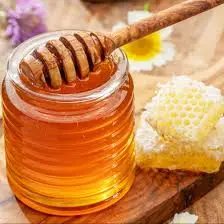
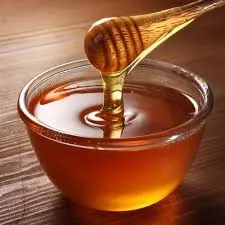
Definition of "Honey Extract" and Vegan Eligibility
Understanding the vegan eligibility of honey extract requires a clear examination of what these products are and how they relate to their source material. Honey PE, honey powder, and concentrated honey products all derive from the same fundamental source: honey produced by bees. This origin point is crucial for determining vegan status, as the extraction and processing methods do not alter the fundamental nature of the raw material or its ethical implications.
The processing of honey extract typically involves various concentration and drying methods designed to create standardized, shelf-stable products with specific functional properties. These processes may include water extraction, solvent extraction, spray drying, or freeze-drying techniques that transform liquid honey into powdered or concentrated forms. While these methods alter the physical and chemical properties of the honey, they do not change its fundamental identity as a bee-derived product.
From a definitional standpoint, honey extract products maintain their classification as animal-derived ingredients regardless of processing intensity or final form. Honey, including processed forms like Manuka honey, is not considered vegan because it is produced by bees and is an animal by-product, which conflicts with vegan principles of minimizing harm and avoiding animal-derived products. This classification extends to all honey derivatives, including extracts, powders, and concentrated forms.
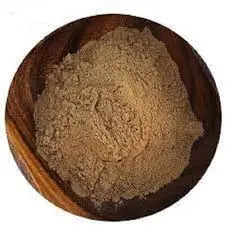
The concentration process may actually intensify certain characteristics that make honey problematic from a vegan perspective. Concentrated honey products require larger quantities of raw honey to produce, potentially increasing the scale of bee exploitation involved in their manufacture. Additionally, the commercial processing of honey into extracts and powders often occurs within industrial facilities that prioritize efficiency and standardization over animal welfare considerations.
Regulatory and certification perspectives provide additional clarity on the vegan status of honey-derived products. Products approved to carry the Certified Vegan logo must not contain animal products or ingredients of meat, fish, fowl, animal by-products, eggs or egg products, milk or milk products, honey or honey bee products. This explicit exclusion of honey and honey bee products from vegan certification clearly establishes that honey extract and related products cannot qualify for vegan status under established certification standards.
Key Factors to Check for Vegan Certification
When evaluating products for vegan compliance, several key factors must be carefully examined to ensure that honey-derived ingredients are properly identified and avoided. The complexity of modern ingredient lists and the variety of names used for honey-derived products make thorough label reading essential for maintaining vegan dietary practices. Understanding these factors empowers consumers to make informed decisions while helping manufacturers ensure accurate product labeling and certification.
Primary ingredient identification represents the most fundamental step in vegan product evaluation. Honey extract may appear on ingredient lists under various names, including honey powder, honey concentrate, dried honey, or dehydrated honey. Honey and beeswax are often added to products under other names such as royal jelly, making it essential to check labels carefully. Additional bee-derived ingredients that may accompany or replace honey powder include propolis, bee pollen, royal jelly, and beeswax, all of which disqualify products from vegan status.
Manufacturing processes and cross-contamination considerations add another layer of complexity to vegan certification. Even products that do not directly contain honey or honey extract may be processed in facilities that also handle bee-derived ingredients, potentially leading to cross-contamination issues that concern strict vegans. Manufacturers seeking vegan certification must demonstrate adequate separation and cleaning procedures to prevent such contamination and ensure product integrity.
Third-party certification programs provide reliable verification of vegan status, though consumers must understand the specific standards and requirements of different certifying organizations. Reputable vegan certification programs conduct thorough audits of ingredient sourcing, manufacturing processes, and supply chain practices to ensure compliance with established vegan standards. These certifications provide confidence for consumers while helping manufacturers demonstrate their commitment to vegan principles.

Rebecca: Honey Extract for Sale
The question of whether honey products are vegan leads to a clear and definitive answer: no, honey powder is not vegan.
Rebecca serves as a reliable honey extract supplier for businesses and researchers requiring high-quality honey-derived ingredients for non-vegan applications. Our Honey Powder 65% specification provides standardized, concentrated honey products suitable for various commercial applications where the functional properties of honey are desired. Through rigorous HPLC testing methods, we ensure consistent quality and potency in every batch of our raw honey powder products.
For manufacturers developing products that include honey-derived ingredients, Rebecca offers comprehensive technical support and quality assurance to ensure optimal product performance and regulatory compliance. Our commitment to transparency and quality helps customers make informed decisions about ingredient selection and product formulation. For more information about our honey products or to place an order, please reach out to us at information@sxrebecca.com. We provide reliable supply solutions for businesses requiring honey-derived ingredients for their specific applications.
References
1. The Vegan Society. (2024). Why Go Vegan: The Honey Industry.
2. Vegan Practically. (2024). Bees: It's Not Just About Honey.
3. VegNews. (2024). Is Honey Vegan? Everything You Need to Know About Why Bees Make Honey.
4. The Tiny Honey Company. (2024). Is Honey Vegan? Exploring the Debate.
5. Manukora. (2024). Is Honey Vegan? Understanding Ethics & Choices.
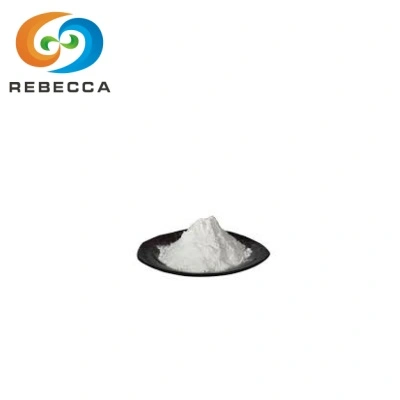
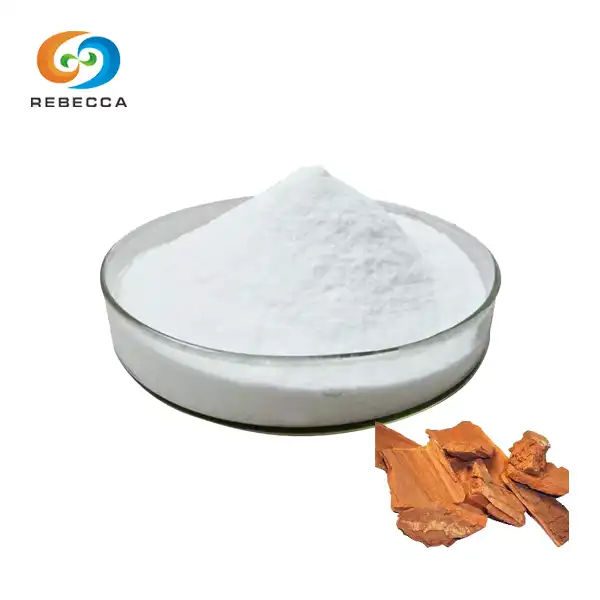
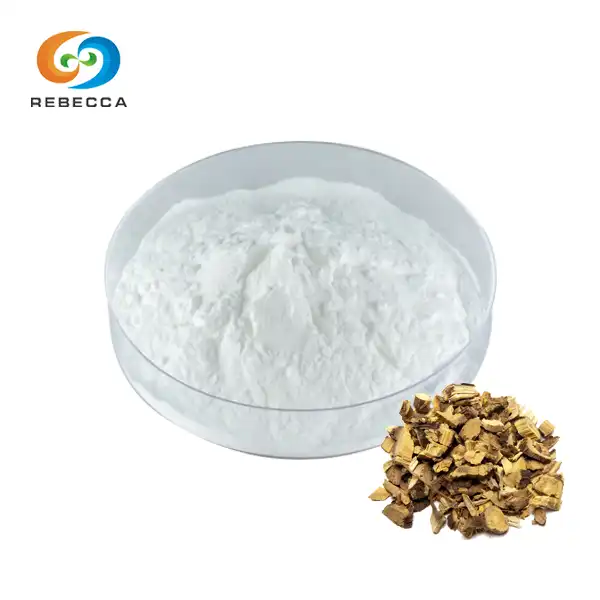
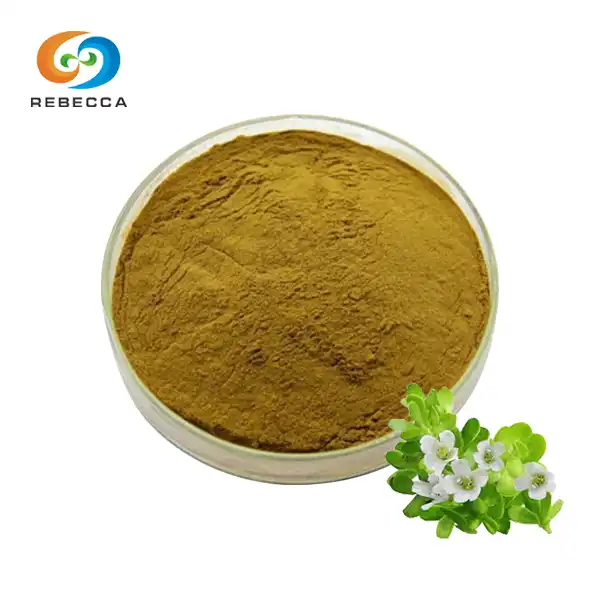
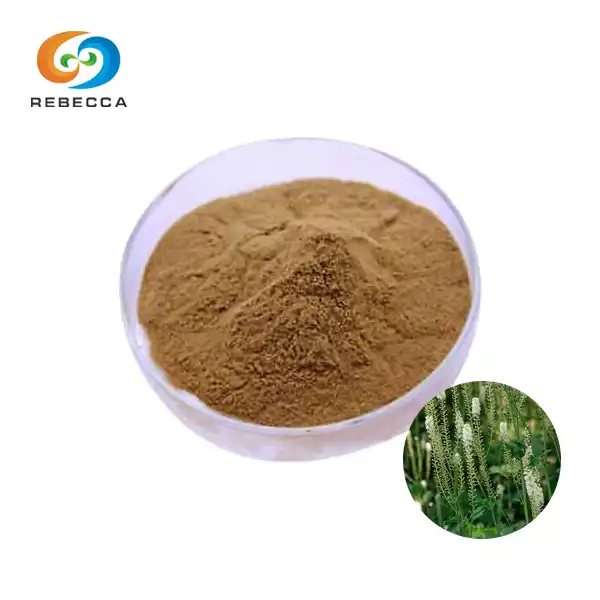
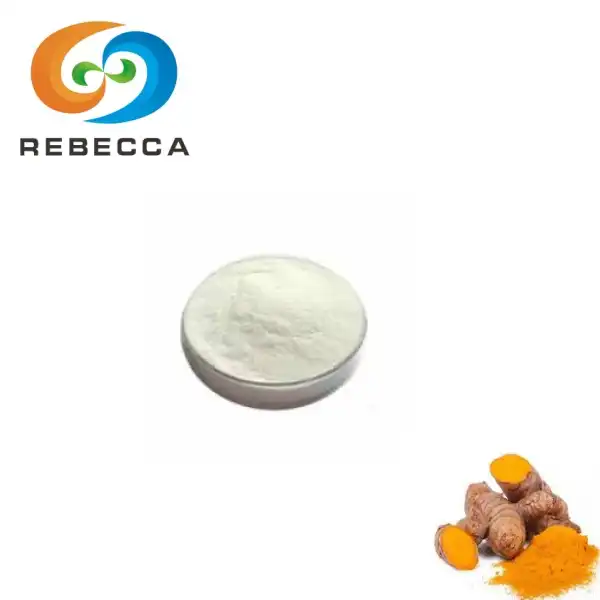
_1747205699273.webp)
